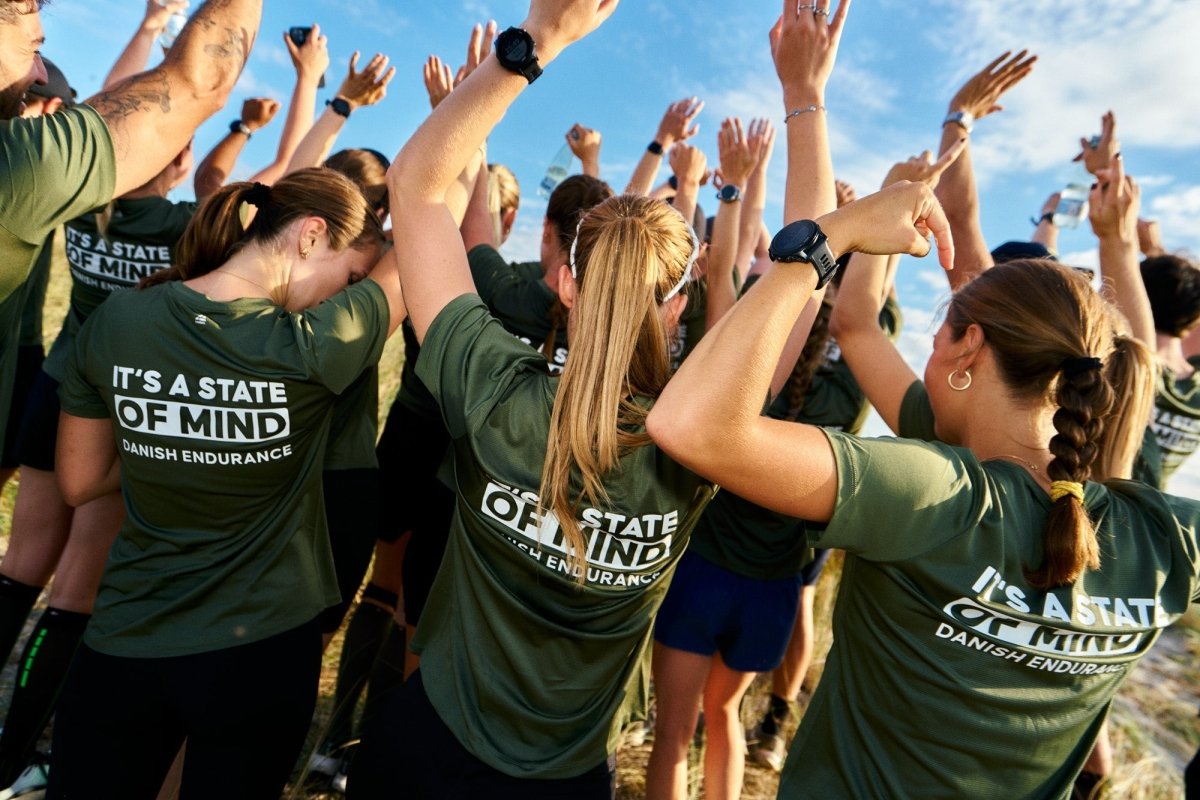Training hard and pushing your limits is an integral part of any fitness journey. However, the true magic happens not during your workouts but in the hours and days that follow. Proper recovery is the cornerstone of progress, helping you rejuvenate your body and mind, reduce the risk of injuries, and ensure you're consistently performing at your best. In this blog post, we'll delve deep into the world of post-training recovery, exploring the 'why' and 'how' of this essential practice.
THE CRUCIAL ROLE OF RECOVERY
Before we dive into the specific strategies, it's vital to understand why recovery matters so much:
- Muscle Repair and Growth: When you work out, your muscles undergo microscopic damage. It's during the recovery phase that your body repairs and rebuilds these muscles, making them stronger than before.
- Injury Prevention: Overtraining without adequate recovery can lead to strained muscles, sprains, or even more severe injuries. Effective recovery helps your body repair and adapt, reducing the risk of these issues.
- Energy Restoration: CIntense workouts deplete your energy stores, particularly glycogen. Proper recovery helps replenish these energy reserves, ensuring you have the stamina for your next session.
- Mental Rejuvenation: Training is as much a mental challenge as a physical one. Recovery helps reduce mental fatigue, improve concentration, and elevate your mood, ensuring you're in the right mindset for success.
THE COMPONENTS OF EFFECTIVE RECOVERY
Now that we appreciate the significance of recovery, let's explore how to do it right:
- Rest and Sleep: Quality sleep is your body's most potent recovery tool. During deep sleep stages, your body releases growth hormone, facilitating muscle repair and growth. Aim for 7-9 hours of uninterrupted sleep each night, and create a sleep-conducive environment for maximum benefits.
- Nutrition: Post-workout nutrition plays a pivotal role in recovery. After exercising, consume a meal rich in protein and carbohydrates. Protein aids muscle repair, while carbohydrates replenish glycogen stores, ensuring you're energized for your next session.
- Active Recovery: On rest days, engage in low-intensity activities like walking or swimming. This promotes blood circulation, reducing muscle soreness and helping maintain flexibility.
- Stretch and Mobilize: Incorporate dynamic and static stretching into your routine to enhance flexibility and reduce muscle tightness. Prioritize areas that are prone to tension, such as the hips and shoulders.
- Mindful Practices: Recovery isn't just physical; it's mental too. Mindfulness techniques like deep breathing, meditation, or yoga can reduce stress and improve mental clarity, aiding overall recovery.
- Hydration Matters: Stay well-hydrated to facilitate the removal of metabolic waste products from your muscles. Proper hydration is fundamental to the recovery process.
BOTTOM LINE
Recovery isn't a passive phase but an active part of your fitness journey. By focusing on these key elements—quality sleep, nutrition, active recovery, stretching, mindfulness, and hydration—you can supercharge your recovery process, reduce the risk of injuries, and consistently perform at your peak. Remember that recovery is an individualized journey; tailor these strategies to your unique needs and goals, and watch your fitness endeavors reach new heights.







EMBRACE THE COLD: HOW WINTER BATHING BENEFITS YOU
Unleash Your Inner Powerhouse: Why a Strong Core Benefits You (And Everyone!)